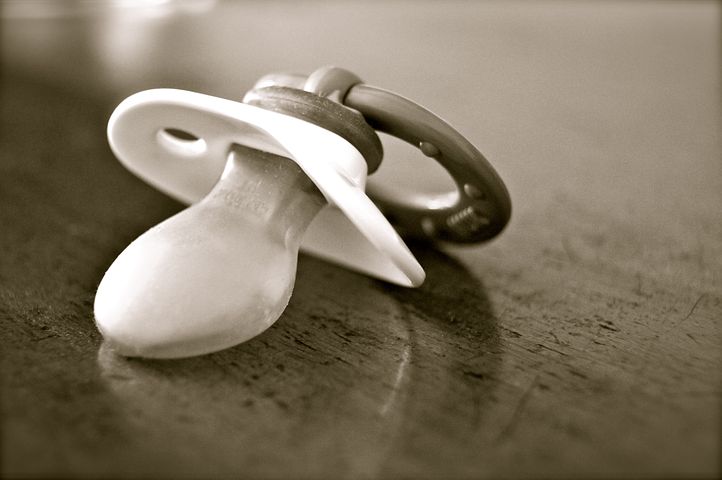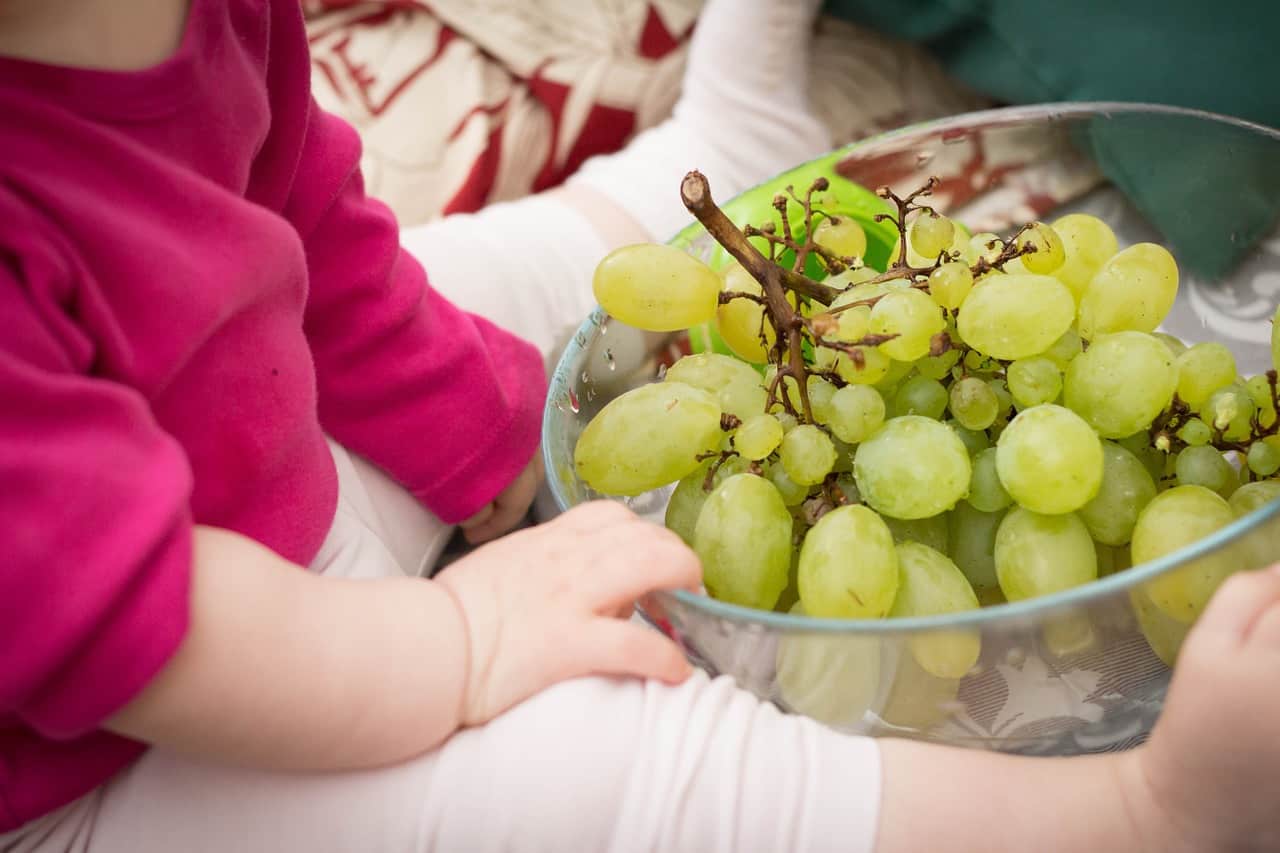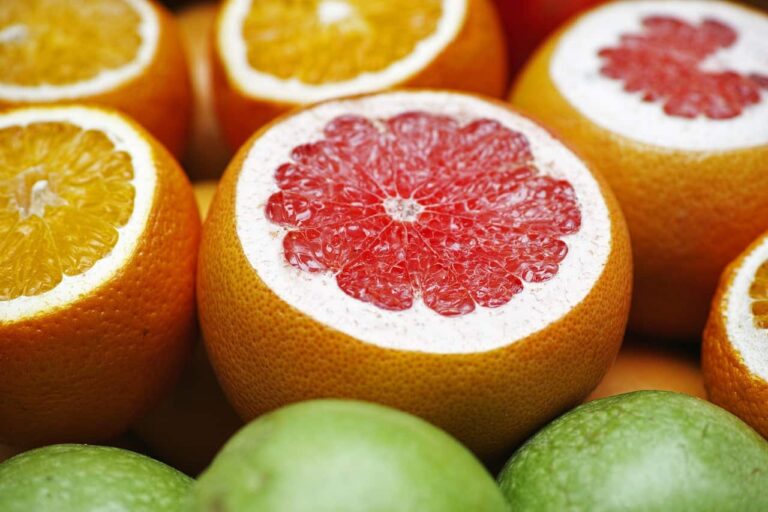Orange You Glad: Can Babies Eat Oranges and Should I Offer Them
Fruits are one of the tastiest and healthiest food groups out there. There is a variety of fruits that you can try. That’s why parents want their babies to try almost all of them.
Parents can give babies something crunchy and juicy like an apple. Or how about something sweet and tropical like a mango. Maybe even add some variety with some avocadoes.
Fruits are easy to prepare and serve to babies. They’re also hard to resist because of their natural sugar content. That’s why a lot of professionals encourage parents to include fruits in their babies’ diet.
But what about citrus? Fruits like oranges are rich in vitamins and minerals like vitamin C and antioxidants. So if oranges are good for adults, are they good for babies as well?
What Are The Benefits of Oranges?
People across the globe love the sweet and tangy taste of oranges. They are one of the most popular citrus fruits that are easily available in the market. Oranges are great eaten raw or squeezed into orange juice.

Oranges are known for a lot of health benefits. Oranges are most well known for being a good source of vitamin C. Eating a medium-sized orange can give your body around 70mg of vitamin C.
Other vitamins and minerals that are available in oranges include potassium, vitamin B1, and folic acid. Oranges are also rich in fiber, antioxidants, and citric acid.
Regular consumption of oranges can help improve a person’s health and well-being. Oranges are good for the heart, can help avoid kidney stones, and improve the immune system.
These benefits sound impressive. But these are all good things for adults. Will the story be the same for babies?
Some Drawbacks When Feeding Babies Oranges
Oranges are healthy fruits. Pediatricians encourage parents to feed their babies oranges at an early age. However, there are some things that parents must be careful of when introducing oranges.
Acidity
Citrus fruits like oranges produce acid when they are metabolized. For adults, this is not a problem. Adults have an easier time handling the acidity from an orange.
However, babies have more sensitive tummies compared to adults. Acidity can cause a few small symptoms, such as diaper rashes and redness around the mouth. They are not signs of allergies, but they can still cause discomfort to babies.
But some babies might experience worse side effects, such as an upset stomach. This can occur with infants who are diagnosed with acid reflux.
The Membrane
Another issue with feeding oranges to babies is the membrane. The membrane is a layer that holds the pulp and fruit of the orange. For adults, it’s fairly easy to remove.
But for babies, this membrane can be a choking hazard. Feeding babies oranges with the membrane on can cause problems in swallowing. Thankfully, there are tutorials on how to prepare oranges for babies.
So Can Babies Eat Oranges?
Yes, babies can still eat oranges. However, feeding them to young babies is not the best option.
Oranges are best fed to children who are 12 months old and above. It’s during this time when babies can already eat a variety of food. Their stomachs have also matured enough to handle the acidity of the fruit.
For parents, it’s important to consider some things before feeding their babies oranges. Does the family have a history of orange allergies? Or maybe there is a history of acid reflux?
It’s also important to consider how the oranges are served. Babies can’t chew giant pieces with the membrane still attached. Parents can slice oranges into tiny pieces that are easier to eat and digest.
It’s best to test the waters first before giving your babies a whole orange. A few slices can help them get used to the fruit. And if any symptoms persist, it’s best to put it on a halt.
What About Orange Juice?
Orange juice is another option parents can give to babies. Orange juice may not have the same amount of nutrients a whole orange has. It is, however, easier to ingest and sometimes cheaper.

Commercialized orange juice can have the benefits of orange juice. It can also be less acidic since there are other additives to it.
However, commercialized orange juice is filled with sugar and preservatives. Too much sugar may cause tooth decay and future non-communicable diseases in children. Preservatives may also have negative effects on babies’ health if consumed too often.
Homemade orange juice is the better option. Squeezing orange juice can be time-consuming. But on the plus side, you can control the ingredients that go into the juice.
Other Sources of Vitamin C
Vitamin C is very crucial in a child’s development. Citrus fruits are filled with vitamin C, so people assume this is the best source.
However, there are other good sources of vitamin C. These fruits and veggies include:
- Potatoes and sweet potatoes
- Broccoli
- Green leafy vegetables
- Papaya
- Peas
- Watermelon
- Strawberries
These options are perfect for babies who are suffering from acid reflux. They are also good for infants who don’t like the sour taste of oranges.
Oranges and citrus fruits aren’t the only source of vitamin C in the grocery store. Babies can get their vitamin C from other food sources. Sometimes, these foods might have more vitamin C than an orange.
Conclusion
Fruits are a great source of vitamins and minerals for babies. They come in a variety of shapes, colors, and textures. Children can satisfy their sweet tooths while gaining some health benefits.
Oranges are a popular fruit in the market. It is loaded with vitamin C and other nutrients. This can help boost babies’ immune systems and protect them from other diseases.
Oranges are great fruits to give to babies. However, giving it too early can cause some issues. Acidity and the orange membrane are the things parents should look out for when feeding babies oranges.
The acid in the orange can cause some mild to severe side effects to children. This is especially true for infants who have acid reflux. Meanwhile, the orange membrane can be a choking hazard for young children.
That’s why it’s advised that children should only eat oranges when they’re 1 year old. Plus, other fruits can provide vitamin C without the acidity of citrus fruits.
It all comes down to what children prefer. Oranges are just one of the many fruit options parents can try. Some babies will end up liking it, while some will end up allergic to it.









